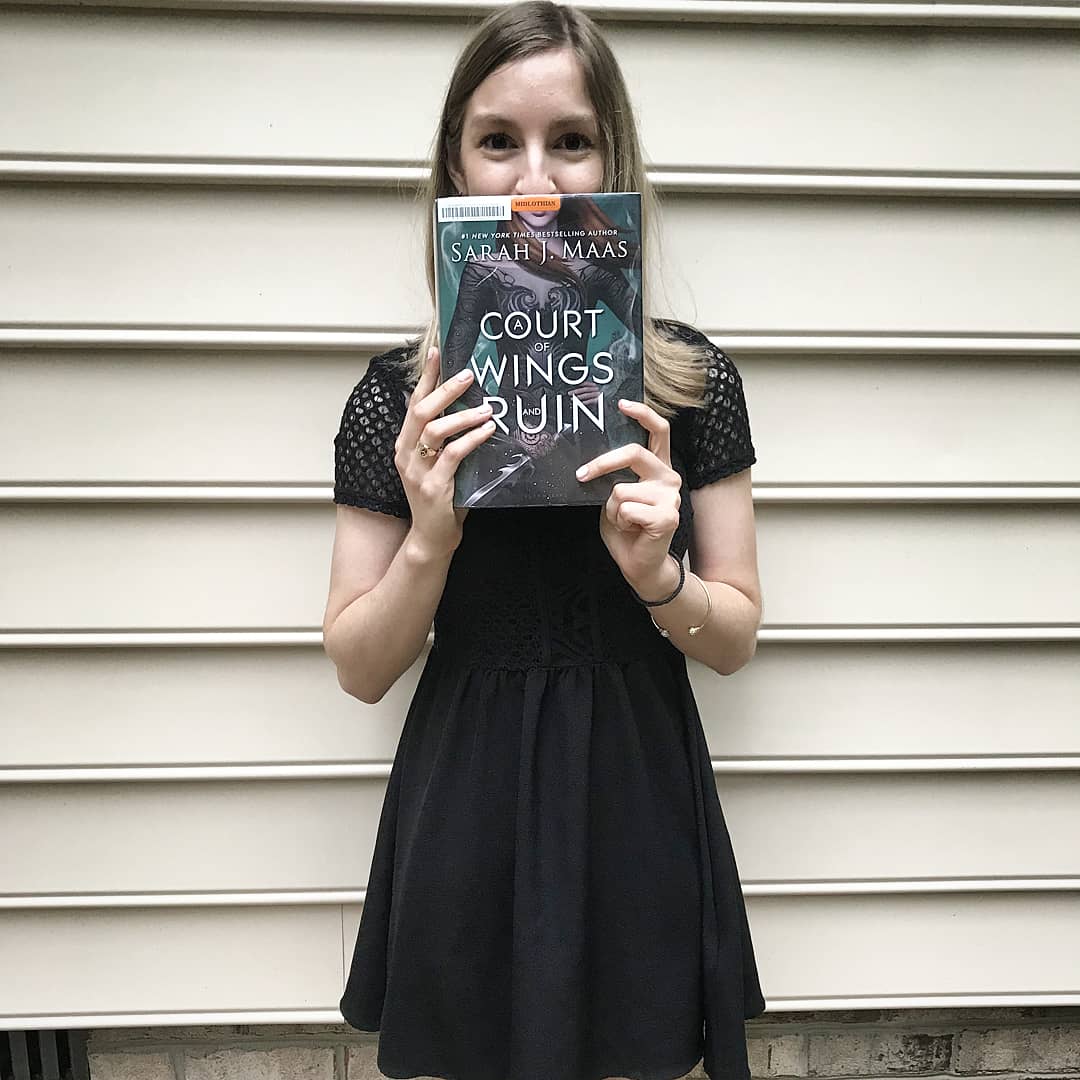Alexis:
I adored the first couple of chapters. The way Schwab sets up this alternate reality world, and sucks you in by flashing forward, is brilliant.
Here’s a synopsis: Victor and Eli start out as college roommates. As seniors, Eli comes up with an idea of working on EO’s for his thesis. EO stands for ExtraOrdinary, a kind of fabled superhero that might or might not exist. This leads both Victor and Eli down very dark, disturbing, dare I say “vicious” and “villainous” paths.
On Goodreads, the world is described as “a gritty comic-book-style world,” which is completely accurate. Schwab’s worldbuilding is one of her strengths; even Lockland University is very grounded, and feels very concrete and interesting.
I really enjoyed Victor’s love for blackout poetry. It just made him that much more interesting, especially since he always used his parents’ books. And my favorite characters are, of course, Sydney and Mitch.
The book isn’t linear; it jumps back in forth in time, from 10 years ago to Victor and Eli in college to ten years in the future, after Victor breaks out of jail. In the beginning, this time jump felt clunky, and I was annoyed with it because it was a bit of a chore. However, it did start to flow better and work better about halfway through the book.
My biggest issue with the book was Eli’s character. Victor’s downwards descent was believable, from the many hints we get in the beginning that he has a darkness lurking in him. But Eli’s is a little too sudden, and we don’t really get a build up to him becoming a mass-murderer. I think his faith and “chosen by God” storyline was a little too…on the nose? It was a little too something. I feel like I wanted more depth to him.
There also is definitely a heavy trigger warning attached to this book, for suicide, death, violence…I almost stopped reading it near the beginning because, for a while, the whole book focuses heavily on near-death experiences, and it was a little too heavy, even for me, who enjoys dark storylines. But this is a book about villains, after all, or “anti-heroes.”
Overall, the writing, worldbuilding, and the frame of the beginning and ending of the book were well done, and I enjoyed the story as a whole. I think the sequel has a lot of potential.
VERDICT: 4 stars









